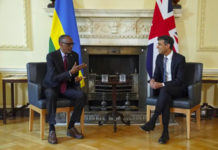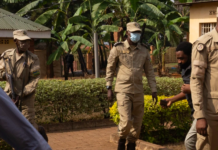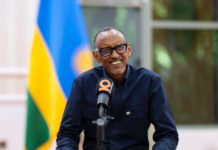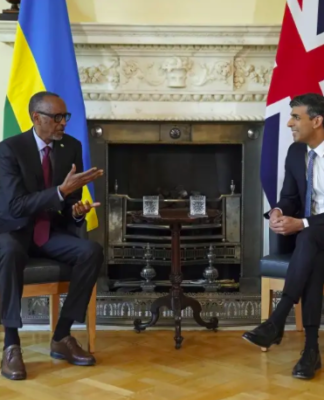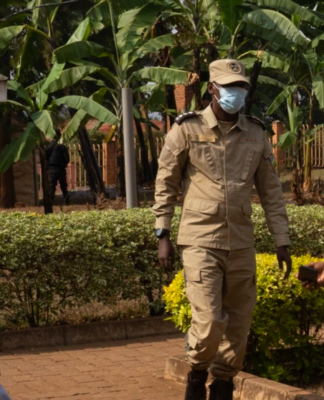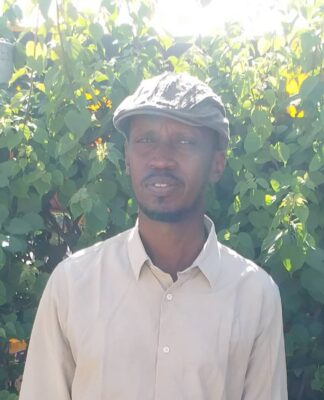U.N. Secretary-General Ban Ki-moon expressed concern to Rwandan President Paul Kagame on Wednesday over U.N. claims that rebels in the neighboring Democratic Republic of Congo (DRC) were receiving support from Rwandan officials.
Ban phoned both Kagame and DRC President Joseph Kabila to discuss a mutiny in the mineral-rich eastern Congo province of North Kivu, which has been swept by waves of violence since March after hundreds of former rebels defected from the army.
An addendum to a recent report by U.N. experts found « substantial evidence attesting to support from Rwandan officials to armed groups operation in the eastern DRC. » Rwanda has repeatedly denied the allegations.
« The Secretary-General expressed grave concern over reports that the M23 mutineers fighting Government forces in North Kivu are receiving external support and are well-trained, armed and equipped, » Ban’s spokesman Martin Nesirky said in a statement.
Ban stressed « the need do everything possible to dissuade the M23 from making further advances and to cease fighting immediately » and urged the Rwandan and DRC presidents to begin talks to defuse tensions between the neighbors.
The M23 insurgents, dominated by Congolese Tutsis, take their name from a March 2009 peace deal that ended a previous rebellion in North Kivu and led to their integration into the national army. They deserted the government ranks earlier this year, accusing the government of not respecting the agreement.
The renewed fighting was also partly triggered by President Joseph Kabila’s announcement that he would arrest former rebel Bosco Ntaganda, who was integrated into the army as part of the 2009 deal and is wanted by the International Criminal Court.
Authorities in North Kivu accused Rwanda on Tuesday of « invading » a volatile border area, portraying an advancing insurgency as a Rwandan military operation.
A rapid M23 rebel advance has opened the way for a possible assault on the North Kivu provincial capital Goma, where the U.N. peacekeeping mission in Congo, MONUSCO, has reinforced its positions.
Like the 2004-2009 rebellion, the current mutiny has its roots in ethnic and political wounds dating back to Rwanda’s 1994 genocide. Later invasions of Congo by Rwandan forces, and Kigali’s backing of Congolese rebels, fueled two successive wars that killed several million people.
The current U.N. peacekeeping force has been in the Democratic Republic of Congo for more than a decade and is made up of some 17,000 troops.
Source:Reuters

